
What to Do and Where to Stay in 2024
Safestay’s Guide to Affordable Fun with Top Recommendations on What to Do and Where to Stay in 2024


Austria

Belgium

Czech Republic

Germany

Greece

Italy

Poland

Portugal

Slovakia

Spain

United Kingdom


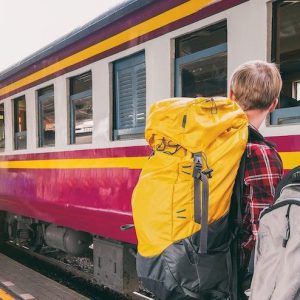

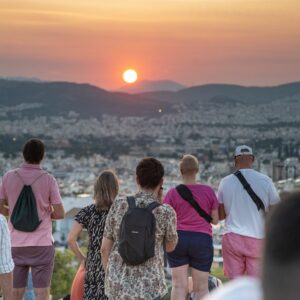





Locations
Locations

Austria

Belgium

Czech Republic

Germany

Greece

Italy

Poland

Portugal

Slovakia

Spain

United Kingdom

Austria

Belgium

Czech Republic

Germany

Greece

Italy

Poland

Portugal

Slovakia

Spain

United Kingdom
Discover
Room for
everyone
At Safestay Hostels and Hotels you'll find stylish, affordable accommodation across Europe. Travelling solo? Going as a couple? Celebrating an event? Or heading off in a group? We've got room for you.
Sign Up For MembershipAt Safestay Hostels and Hotels you'll find stylish, affordable accommodation across Europe. Travelling solo? Going as a couple? Celebrating an event? Or heading off in a group? We've got room for you.
Sign Up For MembershipBooking direct with us is cheaper than all online travel sites. Best price guaranteed.
Make an online booking
You can book directly online for multiple guests. Just enter the number of guests and your dates below. To book whole rooms or for more options please visit our groups page.
Select your hostel
Locations

Austria

Belgium

Czech Republic

Germany

Greece

Italy

Poland

Portugal

Slovakia

Spain

United Kingdom

Austria
Vienna Margaretenviertel

Belgium
Brussels Grand Place

Czech Republic
Prague Charles Bridge

Germany
Berlin Kurfurstendamm

Greece
Athens Monastiraki

Italy
Pisa Centrale

Poland
Warsaw Old Town

Portugal
Lisbon Bairro Alto

Slovakia
Bratislava Presidential Palace

Spain
Barcelona Gothic
Barcelona Passeig de Gràcia
Calpe Seafront, Costa Blanca
Cordoba Mezquita Catedral
Madrid Central

United Kingdom
Glasgow Charing Cross
Edinburgh Cowgate
London Elephant & Castle
London Kensington Holland Park
York Micklegate
Guests
Prefer to speak to an agent?
Submit the form below or visit our groups page.
Select your destination
City

Austria

Belgium

Czech Republic

Germany

Greece

Italy

Poland

Portugal

Slovakia

Spain

United Kingdom

United Kingdom
Glasgow
London
York

Germany
Berlin

Poland
Warsaw

Slovakia
Bratislava

Greece
Athens

Spain
Madrid
Barcelona

Italy
Pisa

Portugal
Lisbon

Austria
Vienna

Czech Republic
Prague

Belgium
Brussels
"*" indicates required fields
Select your hostel
Locations

Austria

Belgium

Czech Republic

Germany

Greece

Italy

Poland

Portugal

Slovakia

Spain

United Kingdom

Austria
Vienna Margaretenviertel

Belgium
Brussels Grand Place

Czech Republic
Prague Charles Bridge

Germany
Berlin Kurfurstendamm

Greece
Athens Monastiraki

Italy
Pisa Centrale

Poland
Warsaw Old Town

Portugal
Lisbon Bairro Alto

Slovakia
Bratislava Presidential Palace

Spain
Barcelona Gothic
Barcelona Passeig de Gràcia
Calpe Seafront, Costa Blanca
Cordoba Mezquita Catedral
Madrid Central

United Kingdom
Glasgow Charing Cross
Edinburgh Cowgate
London Elephant & Castle
London Kensington Holland Park
York Micklegate
Stay
inspired

Safestay’s Guide to Affordable Fun with Top Recommendations on What to Do and Where to Stay in 2024
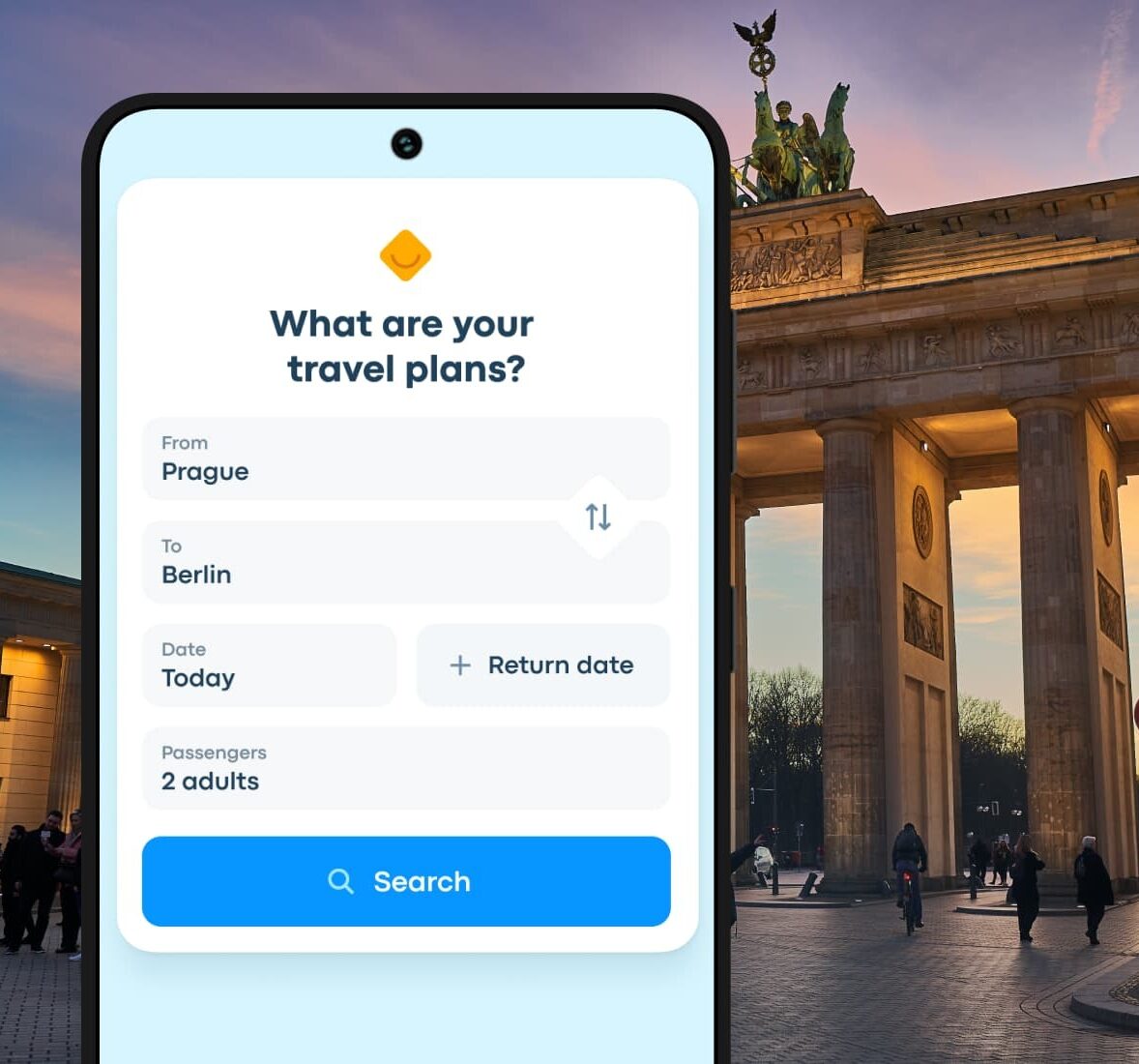
For Safestay Members Only
Safestay has partnered with Busbud to make travelling easier and more convenient than ever. Check out the exclusive offer from Safestay and BusBud for members only!
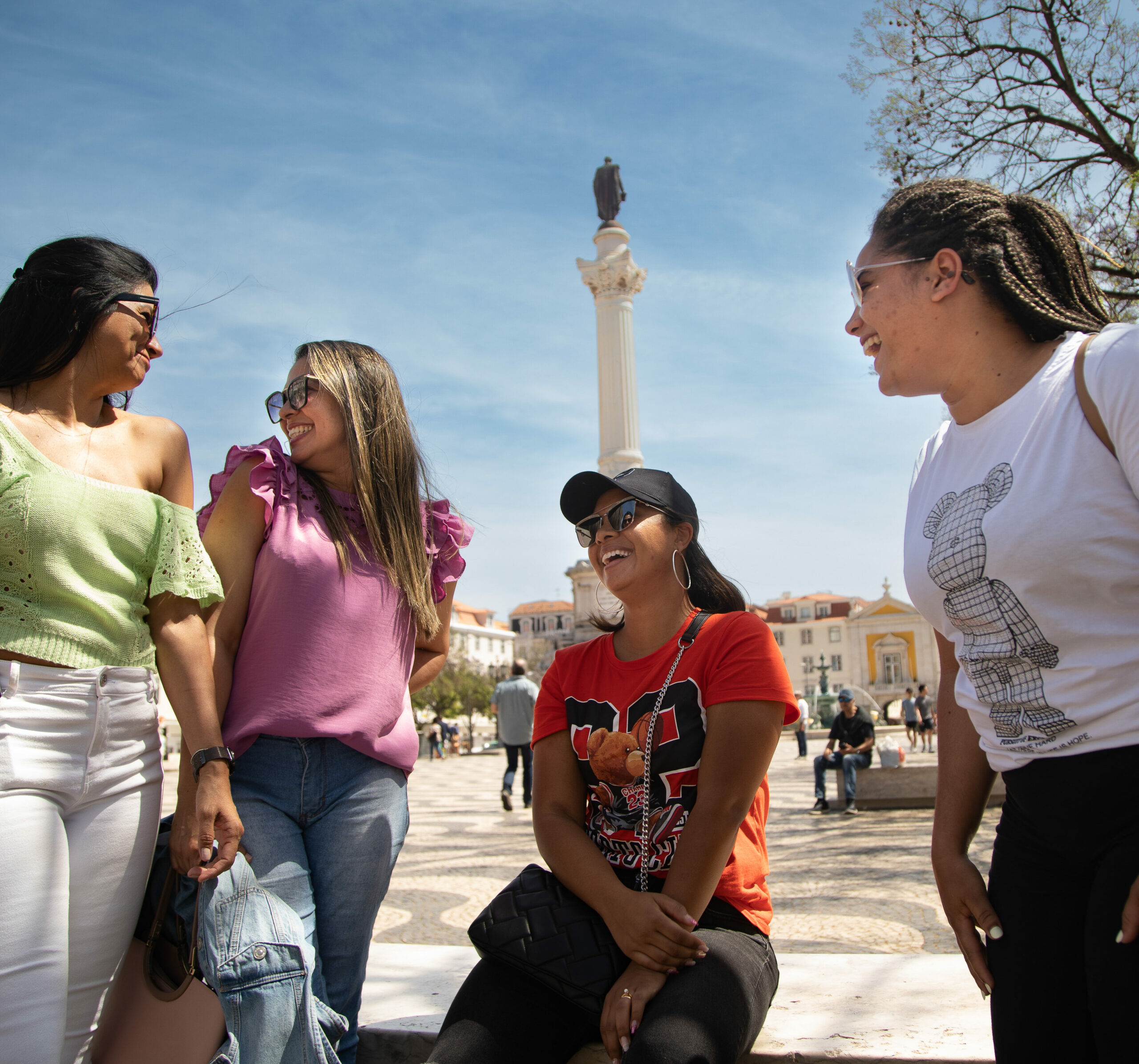
Planning a winter getaway with your group of friends, colleagues, or fellow adventurers? At Safestay Hostels, we have prepared exclusive Winter Specials just for you.

Safestay York is situated within a 16th century Georgian townhouse in the heart of York’s city centre.

Experience Safestay Prague Charles Bridge – a haven with a private courtyard, vibrant social zones, games room, and a rooftop terrace in the heart of the city.

Safestay Vienna Margaretenviertel is a family-friendly hotel just two stops away from the Vienna State Opera and four stops from the Schönbrunn Palace.

Safestay Athens Monastiraki’s rooftop terrace boasts a rooftop bar with panoramic views, refreshing cocktails, and many memorable nights overlooking the city.
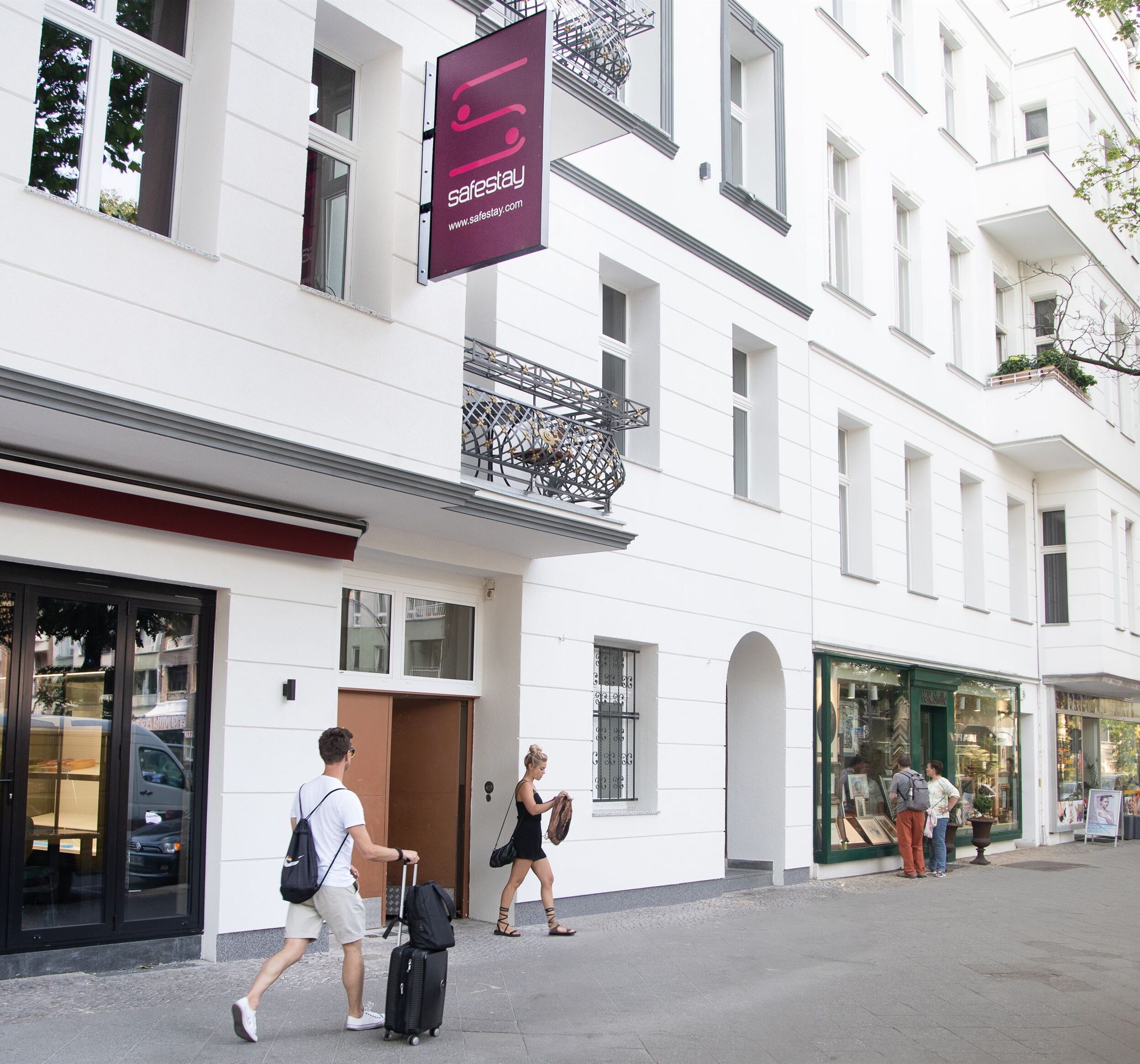
Safestay Berlin Kurfürstendamm is nestled in the heart of the Bavarian Quarter with captivating museums, iconic landmarks, and a nightlife that never sleeps.
Explore
Booking direct with us is cheaper than all online travel sites. Best price guaranteed.
Make an online booking
You can book directly online for multiple guests. Just enter the number of guests and your dates below. To book whole rooms or for more options please visit our groups page.
Select your hostel
Locations

Austria

Belgium

Czech Republic

Germany

Greece

Italy

Poland

Portugal

Slovakia

Spain

United Kingdom

Austria
Vienna Margaretenviertel

Belgium
Brussels Grand Place

Czech Republic
Prague Charles Bridge

Germany
Berlin Kurfurstendamm

Greece
Athens Monastiraki

Italy
Pisa Centrale

Poland
Warsaw Old Town

Portugal
Lisbon Bairro Alto

Slovakia
Bratislava Presidential Palace

Spain
Barcelona Gothic
Barcelona Passeig de Gràcia
Calpe Seafront, Costa Blanca
Cordoba Mezquita Catedral
Madrid Central

United Kingdom
Glasgow Charing Cross
Edinburgh Cowgate
London Elephant & Castle
London Kensington Holland Park
York Micklegate
Guests
Prefer to speak to an agent?
Submit the form below or visit our groups page.
Select your destination
City

Austria

Belgium

Czech Republic

Germany

Greece

Italy

Poland

Portugal

Slovakia

Spain

United Kingdom

United Kingdom
Glasgow
London
York

Germany
Berlin

Poland
Warsaw

Slovakia
Bratislava

Greece
Athens

Spain
Madrid
Barcelona

Italy
Pisa

Portugal
Lisbon

Austria
Vienna

Czech Republic
Prague

Belgium
Brussels
"*" indicates required fields
Select your hostel
Locations

Austria

Belgium

Czech Republic

Germany

Greece

Italy

Poland

Portugal

Slovakia

Spain

United Kingdom

Austria
Vienna Margaretenviertel

Belgium
Brussels Grand Place

Czech Republic
Prague Charles Bridge

Germany
Berlin Kurfurstendamm

Greece
Athens Monastiraki

Italy
Pisa Centrale

Poland
Warsaw Old Town

Portugal
Lisbon Bairro Alto

Slovakia
Bratislava Presidential Palace

Spain
Barcelona Gothic
Barcelona Passeig de Gràcia
Calpe Seafront, Costa Blanca
Cordoba Mezquita Catedral
Madrid Central

United Kingdom
Glasgow Charing Cross
Edinburgh Cowgate
London Elephant & Castle
London Kensington Holland Park
York Micklegate
Be the first to experience an unforgettable stay at the newest addition to our portfolio - Safestay Cordoba Mezquita Catedral in Spain